TEHRAN(Bazaar) – Professor Hossein Askari, who teaches international business at the George Washington University, says the launch of the Shalamcheh-Basra railway could promote tourism and the development of underdeveloped areas of Iran and Iraq.
Following is the text of the interview with Professor Hossein Askari.
Bazaar: How do you assess the relations between Iran and Iraq, considering the recent visit of the security and economic officials of this country to Iran?
Askari: “I believe that the relations are solid. However, I think they could be even deeper and stronger if Iran would appeal also to the Sunni population of Iraq and not be seen as either pro Shia or as interfering in Iraq’s internal affairs.”
Bazaar: What are the most important obstacles and challenges in the relations between the two countries?
Askari: The fact that about 30 percent of Iraq is Sunni and many among them believe that Iran is supporting Shias to Oppress Sunnis. Iraqis are Arabs, whereas Iranians are not. The U.S. was the country that spearheaded the downfall of Saddam Hussein and liberated all Iraqis from his oppressive rule. While a large segment of the Iraqi population feel some measure of gratitude towards the U.S., a large segment of the population see the U.S. as an occupying force. U.S. is today Iran’s number one adversary—imposing sanctions on Iran, vilifying Iran, isolating Iran, murdering Iran’s top general Ghassem Soleimani and supporting Israel’s covert operations against Iran. At the same time Iraq continues to need Western economic and financial support. So the U.S. is appreciated by some Iraqis, while Iran is seen as a partner by a majority of Iraqi Shia and yet Iran and the U.S. are mortal enemies. Iraq is caught in between. As a result, there are forces, that is the U.S. and its allies along with all Persian Gulf Arabs, working hard to sow discord between Iran and Iraq.
Bazaar: Iraq was the enemy of Iran during the Ba'athist era, and after the fall of Saddam, relations between the two countries entered a new phase of competition and cooperation. What is the significance of these relations for the two countries?
Askari: It is critical for both as they face a number of pressures. There is the history of conflict and war. Iraq’s secular and ethnic divisions make it vulnerable to internal strife. Iran’s location among numerous Arab countries. While they are the two largest majority Shia countries in the world. Their devastated economies and the potential for agreements and mutual economic revival—opportunities for trade, cross-border investment, joint oil/gas exploration and development and oil pricing and output. They face threats from regional and global aggressors and military alliance would make both countries much stronger.
Bazaar: During the recent visit of Iraqi Foreign Minister Fouad Hussein to Iran and meeting with Iranian Foreign Minister Mohammad Javad Zarif, preparations were made for the start of construction and completion of the Shalamcheh-Basra railway in order to help expand trade relations between the two countries. Zarif stressed and called for the speedy action of the relevant officials of the two countries to implement this railway as soon as possible. What do you think is the importance of this railway and what economic benefits will it bring to the two countries?
Askari: I think that there is great investment and trade potential for the two countries if they join forces. The synergies could be great. Projects that might be too big for one of the countries to undertake could become a reality for both with larger markets and more sway on the international stage. This railroad will support such efforts. It would also promote tourism and the development of the underdeveloped regions in both countries.
Bazaar: One of the important issues in regional cooperation is how the three countries of Iran, Iraq and Saudi Arabia interact. What effects do you think the cooperation between Iran and Iraq will have on the security order of the Persian Gulf?
Askari: Saudi Arabia was suspicious of Iran even before the Revolution, but since 1979 suspicion has become paranoia. The Saudis have shunned cooperation with Iran as they have felt that with U.S. support they could keep Iran isolated and underdeveloped and thus less of a threat. The Saudis, along with Israel, have indirectly worked in tandem to make this isolation and demonization of Iran highly effective. But now with less U.S. interest in the Persian Gulf as the U.S. turns more towards the Pacific, a new U.S. President who has openly admonished Mohammad bin Salman, the Saudis have special need for security. They feel this more urgently as Iran and Iraq draw closer together. For them they feel they can trust Iraq much more than Iran. Iraq is Arab, has a large Sunni population and there is a history of limited cooperation. So for them Iraq would make a good intermediary and a possible future partner to blunt Iran. So Iran-Iraq cooperation will make more general cooperation in the Persian Gulf possible. Iraq-Iran cooperation and Iraq as the catalyst and glue to bring all sides together. This may sound somewhat counter intuitive but I believe the future could be brighter for the Persian Gulf as Iran and Iraq cooperate further.

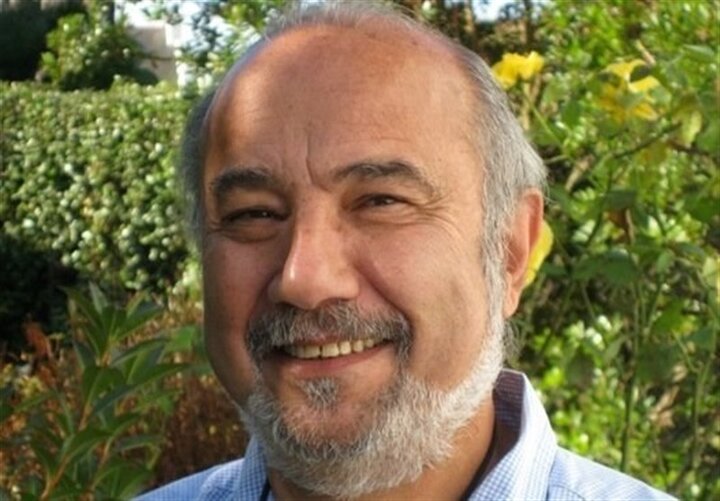




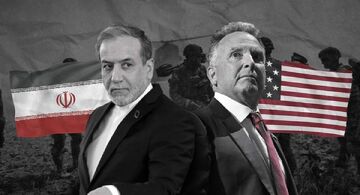

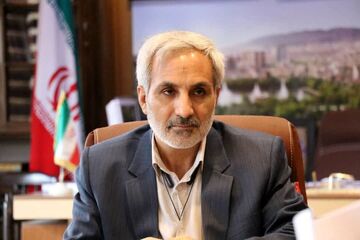



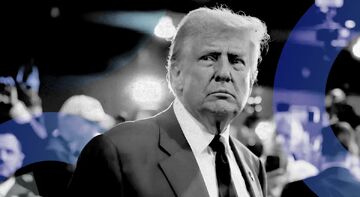
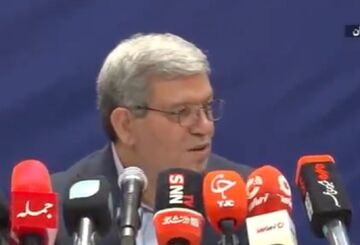
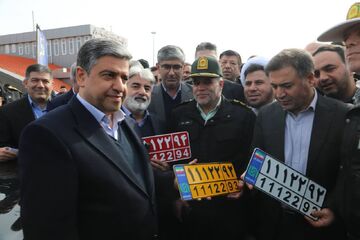

نظر شما